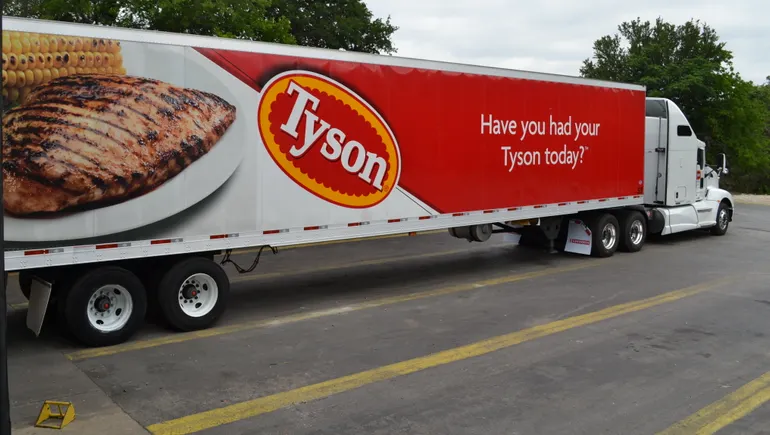Tyson Foods, one of the largest meatpackers in the United States, is facing challenges due to U.S. cattle shortages. In response to the pressure on operations, the company has announced the closure of its beef processing plant in Lexington, Nebraska, resulting in the layoff of more than 3,200 workers. Additionally, production at its beef facility in Amarillo, Texas, will be reduced to a single, full-capacity shift.
The decision to close the plant in Nebraska and scale down operations in Texas is aimed at “right sizing” Tyson’s beef business and positioning it for long-term success. The company plans to increase production at other beef facilities to meet customer demand and offset the volume losses from the closed plant.
The U.S. cattle industry is currently facing challenges, with herds at a 75-year low and many ranchers hesitant to rebuild due to climate challenges and tough economics. The resurgence of the New World screwworm, a flesh-eating pest, has further threatened the beef supply and made it difficult for the U.S. to import beef.
As a result of these challenges, beef prices have soared, with the cost of ground beef exceeding $6 per pound as of September. This has put pressure on earnings for major meatpackers like Tyson, who are now paying more for beef and looking for ways to offset those costs.
Tyson’s decision to close the plant in Lexington, which had the capacity to process 5,000 head of cattle per day, will have a significant impact on the local community. Rural communities where meatpackers are often the largest employer will be affected by the closure of the plant.
Nebraska U.S. Sen. Deb Fischer expressed disappointment over the closure, highlighting the importance of the cattle industry in the state. Lawmakers have previously intervened to address closures by meatpackers, with Tyson’s plans to close two poultry plants in Missouri prompting legislative action.
Despite the challenges faced by the cattle industry, Nebraska Governor Jim Pillen remains optimistic about the resilience of the state’s cattle industry. Tyson has promised to explore future value-added opportunities in the state, and the government is committed to supporting employees affected by the plant closure.
In conclusion, Tyson Foods’ decision to close its beef processing plant in Nebraska reflects the challenges facing the U.S. cattle industry. The closure will have a significant impact on the local community and underscores the need for innovative solutions to address supply chain disruptions in the meatpacking industry.


